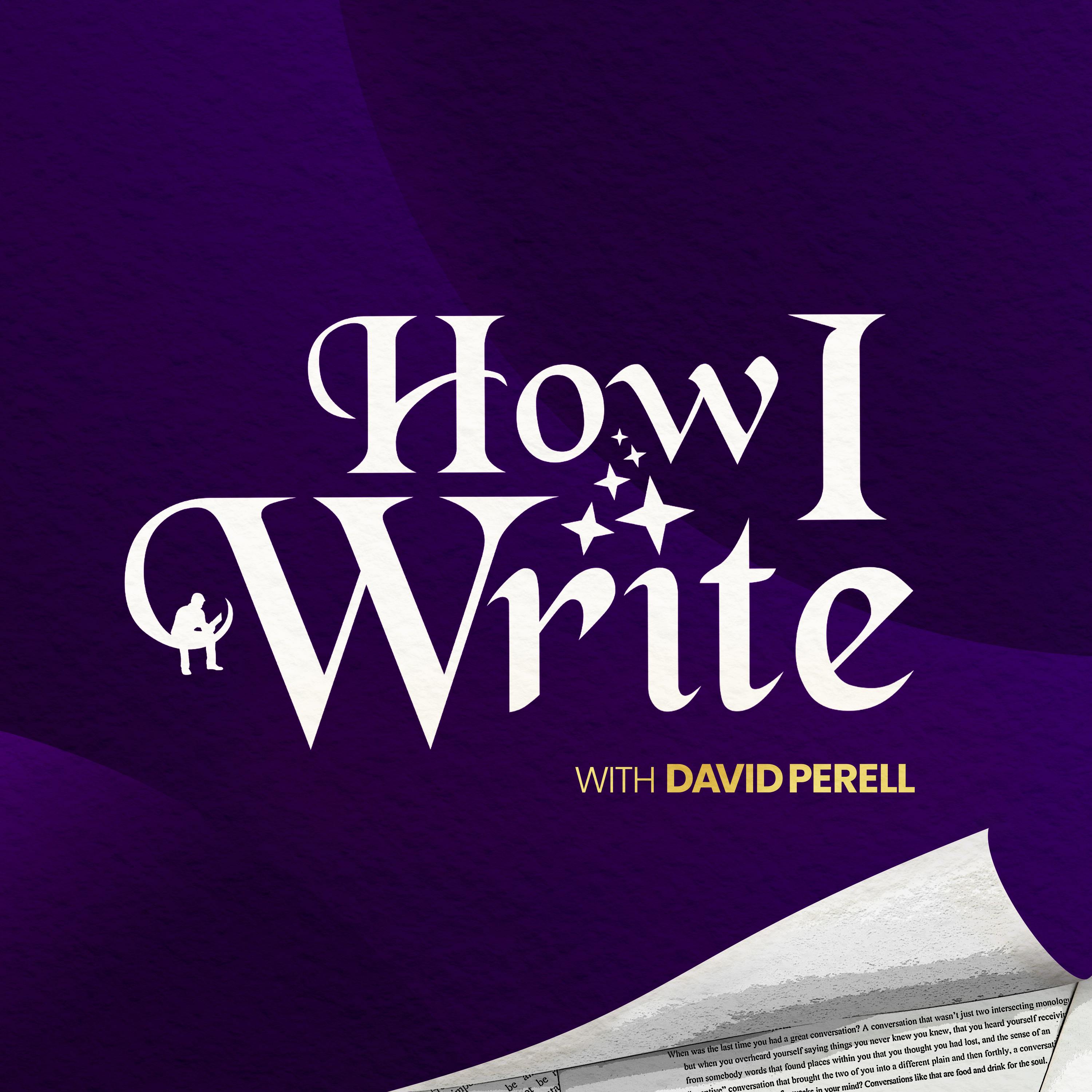
171 Years of Writing Advice in 90 Minutes

How I Write
Deep Dive
What is the core lesson David Perell learned from interviewing successful writers?
The core lesson is that writers can write in any style they want, as long as they excel at it. The diversity of successful writers shows that there is no single 'correct' way to write, but the standard of excellence is very high.
How does the speaker suggest writers avoid clichés when describing a scene?
Instead of relying on clichéd landmarks or expected details, writers should focus on what the character would actually notice. For example, in a scene where a child enters a kitchen, the writer should describe the unique, vivid details the child would observe, like the texture of frozen peas, rather than generic references like the Beatles playing on the radio.
What is the importance of the 'five-second moment of change' in storytelling?
The 'five-second moment of change' is the pivotal moment in a story where the main character undergoes a transformation. This moment is crucial because it defines the emotional core of the narrative and ensures the story has stakes and a clear arc, making it compelling for the audience.
How does the speaker describe the relationship between copywriting and design?
The speaker views copywriting and design as inseparable. They believe that writing and visual design must work together in harmony to effectively communicate a message. The design process often informs the writing, and vice versa, creating a cohesive and impactful final product.
What rhetorical technique does the speaker highlight as a powerful tool for making phrases memorable?
The speaker highlights diacope, a rhetorical technique involving the repetition of a word or phrase with a few intervening words (e.g., 'Bond, James Bond'). This technique makes phrases memorable and impactful, as seen in famous lines like 'To be or not to be' and 'Run, Forrest, run.'
Why does the speaker emphasize the importance of editing in the writing process?
The speaker believes that the true quality of writing emerges during the editing process. While the first draft is often written freely and for the writer's own satisfaction, editing refines the work by removing redundancies, clichés, and unnecessary elements, ensuring the final product is concise and impactful for the reader.
What is the speaker's view on the role of dopamine in modern culture and social media?
The speaker criticizes the modern culture of distraction, driven by dopamine hits from social media platforms. They argue that these platforms are designed to be addictive, offering quick bursts of dopamine every few seconds, which harms focus and long-term engagement with meaningful content.
How does the speaker approach the balance between universal themes and specific details in writing?
The speaker believes that while the emotional and thematic elements of a story should be universal, the details should be specific and vivid. This combination allows the story to resonate broadly while also feeling authentic and immersive, as the particulars bring the narrative to life.
What is the speaker's 'secret ambition' regarding reading and studying the classics?
The speaker's 'secret ambition' is to make reading, studying the classics, and engaging with philosophy 'hip' again. They want to inspire young people to step away from passive consumption of media and instead challenge their minds with timeless, intellectually stimulating content.
What advice does the speaker give to writers about chasing trends in the culture?
The speaker advises writers not to chase trends or 'dopamine culture.' Instead, they should focus on creating substantive, high-quality content that aligns with their values. Chasing fleeting trends may lead to short-term success but won't build a lasting career or meaningful engagement with readers.
- Write from a child's perspective, focusing on sensory details.
- Build layers of meaning through writing and rewriting.
- Consider the emotional context of the scene and how it affects the characters' behavior.
Shownotes Transcript
In this episode, I share my very favorite clips from world-class experts I interviewed last year. Their combined 171 years of writing experience is tightly packed into this 90-minute video. Enjoy!
I also made a website that helps you learn from the best writing of all-time: https://writingexamples.com/
Hey! I’m David Perell and I’m a writer, teacher, and podcaster. I believe writing online is one of the biggest opportunities in the world today. For the first time in human history, everybody can freely share their ideas with a global audience. I seek to help as many people publish their writing online as possible.
Follow me
Website: https://writeofpassage.com/how-i-write
Apple: https://podcasts.apple.com/us/podcast/how-i-write/id1700171470
Spotify: https://open.spotify.com/show/2DjMSboniFAeGA8v9NpoPv
Learn more about your ad choices. Visit megaphone.fm/adchoices)